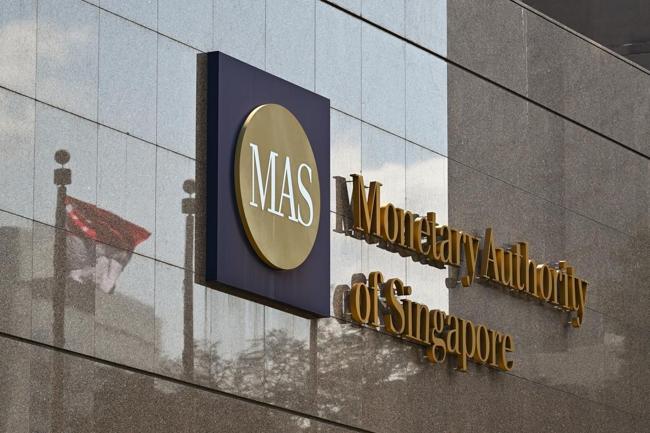Summary
Here are some experts take on the value and risks as Singapore looks to widen access to such funds. Read more at straitstimes.com. Read more at straitstimes.com.
Source: The Straits Times

AI News Q&A (Free Content)
Q1: What are private market investment funds, and how is Singapore planning to widen access for retail investors?
A1: Private market investment funds refer to pooled investment vehicles such as private equity, venture capital, and hedge funds, which traditionally have been accessible only to institutional or accredited investors. The Singapore government and regulatory authorities are considering measures to allow retail investors limited access to such funds, aiming to diversify investment opportunities beyond public markets. This includes regulatory adjustments and the creation of diversified fund products that mitigate risk for non-professional investors.
Q2: What are the main risks associated with retail investors participating in private market funds compared to traditional public market investments?
A2: The primary risks for retail investors in private market funds include illiquidity (as these investments often have long lock-up periods), lack of transparency, valuation challenges, and higher fees. Additionally, these funds may use complex strategies that are less regulated and harder for retail investors to fully understand, potentially increasing the risk of loss compared to more transparent, liquid public market investments.
Q3: How has the performance of mutual funds been benchmarked for retail investors in emerging markets, and what lessons can Singapore investors learn from these studies?
A3: Recent studies, such as the 2020 analysis of Indian mutual funds using Data Envelopment Analysis, show that retail investors rely on metrics like risk, cost, and return trade-offs to select funds. The research suggests that incorporating advanced efficiency models and additional metrics such as the information ratio leads to better investment recommendations for retail investors. Singapore investors can apply similar methodologies for fund selection to achieve optimal risk-adjusted returns.
Q4: What impact do online product recommendations have on the behavior and returns of retail investors in mutual funds?
A4: A 2023 study found that online product recommendations on investment platforms significantly increase purchases of recommended funds, especially among lower socioeconomic status investors. However, these investors tend to achieve poorer returns, gather less information, and engage in suboptimal redemption timing. This suggests that while recommendations can drive engagement, they may also amplify irrational investment behaviors and exacerbate wealth inequality among retail investors.
Q5: How do fintech platforms enhance retail investor access to mutual funds, and what are the challenges in optimizing investment outcomes?
A5: Fintech platforms facilitate retail investor access to mutual funds through personalized recommendations and digital distribution, as highlighted in a 2024 study. The main challenge lies in accurately predicting both the likelihood of purchase and the amount invested, given the variability in investor behavior. Effective allocation of investment opportunities depends on advanced algorithms that estimate customer preferences and transaction values for each delivered fund.
Q6: What regulatory safeguards are being considered or recommended to protect Singapore retail investors entering private market funds?
A6: Regulatory safeguards include limiting the exposure of retail investors to high-risk private market funds, mandating clear disclosure of risks, and ensuring that fund structures offer adequate diversification. These measures are designed to prevent retail investors from taking on excessive risk and to align product offerings with the risk tolerance and understanding of non-professional investors.
Q7: How might widening retail access to private market funds affect the overall investment landscape and wealth distribution in Singapore?
A7: Widening retail access to private market funds could diversify investment portfolios and potentially enhance returns for retail investors. However, if not carefully managed, it could also increase exposure to complex, high-risk products and amplify wealth inequality, as less sophisticated investors might experience poorer outcomes. Ensuring balanced regulation and investor education will be critical to equitable wealth distribution and sustainable market growth.
References:
- Investment banking, Wikipedia, https://en.wikipedia.org/wiki/Investment_banking
- Silver Lake (investment firm), Wikipedia, https://en.wikipedia.org/wiki/Silver_Lake_(investment_firm)





